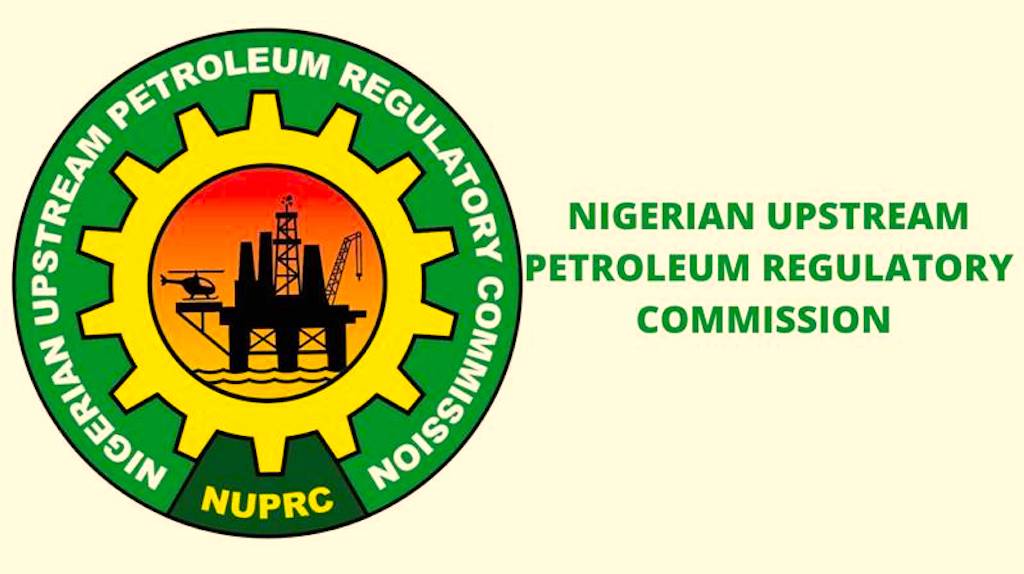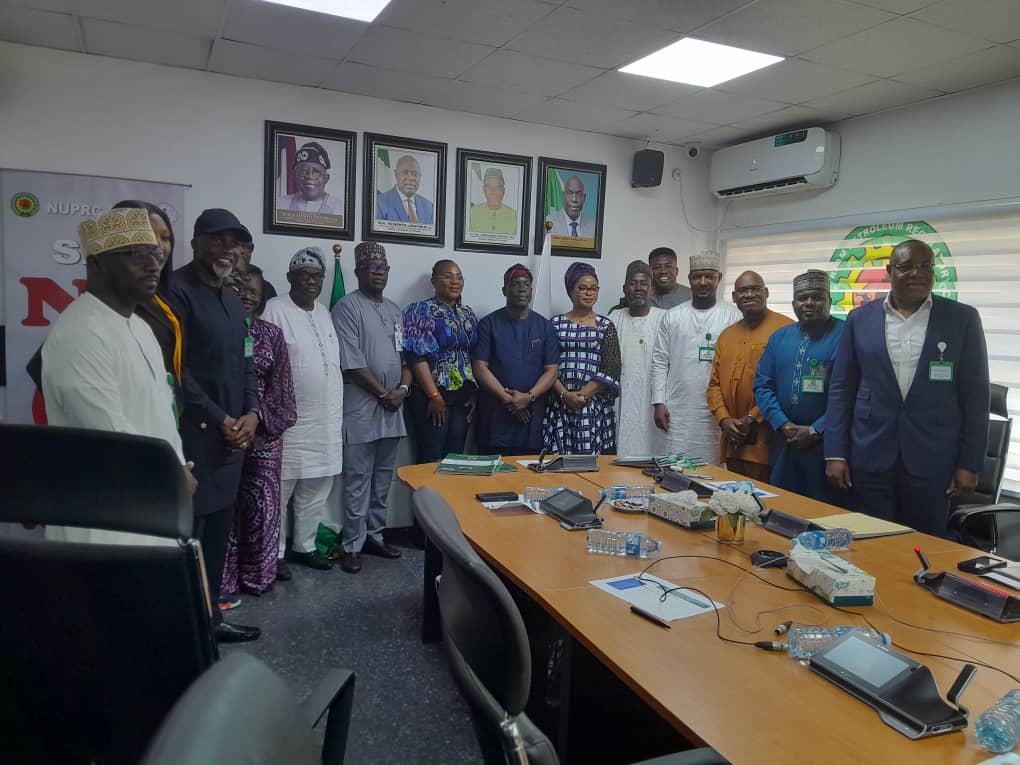The skies over Nigeria have become the most expensive in Africa. A Lagos passenger flying to London pays nearly triple what a traveller in Nairobi spends for the same journey, and a ticket to New York from Lagos can cost more than a year’s school fees. Foreign airlines insist it’s economics, but the numbers—and the pain etched on passengers’ faces—tell a darker story: Nigeria has been turned into aviation’s cash cow, with regulators standing idly by. Adedayo Adejobi writes
Nkechi stared at her laptop screen with a kind of disbelief that only Nigerians know too well. The ticket before her was for a basic economy seat from Lagos to New York. No frills, no upgrades, just a way to get to Queens for her scholarship orientation. The price flashed in hard currency: ranging from $1,714 on one site, $2,953 on another—with prices ranging from N2,622,585 to N4,519,589. By the time she factored in hidden charges and the naira’s weakness, the cost had swelled to what she joked was “over two years’ rent for one seat.” The laughter caught in her throat. She clicked “pay now” and whispered to herself: I paid through my nose.
From Nkechi to Kunle and Ahmed, the story is not unusual. From students bound for universities abroad, to families seeking healthcare, to business executives and diaspora travellers, Nigerians have grown used to the scandal of airfare pricing. But what they may not realise is just how deeply skewed the market is against them, and how much of it has little to do with economics and everything to do with opportunism, silence, and complicity.
The bitter Price of Being Nigerian…
Strip away the romance of international travel and you meet a reality that feels punitive–the price of being a Nigerian. Lagos–Paris return economy tickets currently sit between N2,893,089 and N7,820,492 ($1,890–$5,111), depending on the airline.
Contrast this with Nairobi–London, where tickets are advertised as low as $850 on major platforms, and Kenya Airways has offered roundtrips for about KES 222,128 ($1720). The math is not subtle: Nigerians pay hundreds of dollars more for equivalent routes than travellers in comparable African hubs.
Recent market checks on economy round trip tickets between Lagos and London for travel dates spanning 1st to 10th October reveal the consistently high fares foreign airlines demand from Nigerian travellers. Lufthansa priced its tickets at N1,850,700 ($1,233), while Air France came in slightly lower at N1,620,700 ($1,080). Turkish Airlines offered a comparatively competitive fare of N1,530,100 ($1,019). However, British Airways and Virgin Atlantic, both UK carriers, presented some of the steepest costs: N2,680,300 ($1,786) and N2,370,700 ($1,579) respectively. In contrast, Nigerian carrier Air Peace offered a more affordable option at N1,505,900 ($1,002), undercutting many of the established European competitors.
The trend is not isolated to the UK route alone. For Lagos–Rome flights within the same October window, fares reflect a similar imbalance. Lufthansa’s price stood at N2,280,300 ($1,519), while Air France charged ₦1,805,400 ($1,202). Turkish Airlines maintained relative affordability at ₦1,510,800 ($1,006), but British Airways demanded ₦2,450,600 ($1,633) for the same class of travel.
The fare disparity highlights a troubling reality: foreign airlines continue to exploit the Nigerian market by charging significantly higher rates than comparable routes in other regions. Several factors drive this inflation—Nigeria’s forex scarcity, trapped funds of foreign airlines, high operational costs at Nigerian airports, and the perception of inelastic demand among Nigerians who must travel despite rising costs. Meanwhile, the entry of Air Peace into the London route has exposed how competitive pricing can disrupt entrenched monopolies, proving that with more local participation and regulatory oversight, Nigerians could pay fairer prices.
In fact, a simple market survey for a Business Class return ticket from Lagos to Rome between 1st and 10th October tells a compelling story. Lufthansa offers the trip at ₦6,550,900 ($4,094), Air France at N8,150,700 ($5,094), Turkish Airlines at N5,650,500 ($3,532), and British Airways at a staggering ₦8,650,900 ($5,407).
These figures are not only eye-watering but also sharply higher than comparable routes from other African or European hubs, underscoring the unique cost burden placed on Nigerian travellers.
Findings for a return ticket, Business Class trip from Lagos to London between 1st to 10th October reveal the following staggering costs: Lufthansa at N6,150,500 ($3,844), Air France at N9,420,700 ($5,888), Turkish Airlines at N5,995,500 ($3,747), British Airways at N8,850,700 ($5,531), Virgin Atlantic at N9,880,700 ($6,175), and Air Peace at N3,975,700 ($2,484).
Placed side by side with what travellers in Europe, the Middle East, or even South Africa pay for similar routes, these fares confirm what industry experts and weary Nigerian passengers have long lamented: Nigerians are trapped in one of the most expensive aviation markets in the world.
A Lagos-based traveller summed it up on X: “Nigerians really suffered in the hands of foreign airlines. They charge you the highest fares compared to other nationalities.”
Another voice from the diaspora, planning to come home for Christmas, lamented: “I cannot visit Nigeria in December with London–Lagos at £10,000–£15,000 for two weeks.” Hyperbole perhaps, but behind it lies a painful truth—Nigerian passengers are gouged more than their peers across the continent.
The Blocked Funds Excuse…
Airlines and their apologists point to Nigeria’s notorious history of “blocked funds.” For years, foreign carriers were unable to repatriate their earnings because of Central Bank restrictions. At the height of the crisis in mid-2023, Nigeria held about $850 million of airline revenues hostage—the highest figure in the world. To hedge against this, airlines priced defensively, inflating fares and restricting lower inventory classes.
The justification rang true until it didn’t. By April 2024, the Central Bank had cleared 98 per cent of those trapped funds, leaving only about $19 million pending. IATA formally dropped Nigeria from its list of defaulters. And yet, even after the money was freed, the sky-high fares remained stubborn—except on Lagos–London, where competition by Nigeria’s indigenous airline suddenly forced a rethink. This raises an uncomfortable question: if the problem was blocked funds, why did the “solution” not bring relief across the board?
The answer lies less in economics and more in strategy. Airlines discovered they could extract extraordinary margins from Nigeria and kept doing so. High demand, low competition, a weak currency, and a compliant regulatory regime created the perfect conditions for profiteering.
When Demand Becomes Exploitation…
Industry experts admit as much. Bankole Bernard, former president of the National Association of Nigerian Travel Agencies (NANTA), once explained that “airlines are not charging high fares; it is demand that is pushing up fares.”
He was right about the demand. Nigerians travel abroad in vast numbers for study, healthcare, family ties, business and lately relocation. Unlike other African nations where good universities, healthcare economies keep more people at home, Nigeria’s outbound demand is non-negotiable.
But what Bernard framed as economics is, in practice, exploitation. High demand is not a moral licence for gouging. If Nairobi–London can clear at $8500, why does Lagos–London sit near $2,000? If Lagos–London could collapse from ₦3.5 million to ₦1.4 million in a matter of weeks once a local competitor entered, why was the higher price considered “natural” in the first place? Demand may push prices up, but collusion, silence, and opportunism keep them there.
The Customer’s Pain…
The result is a human toll that statistics cannot capture. A mother in Abuja who had to fly her child to Canada for surgery described the ordeal: “The fare was N2.6 million for one seat. That is a year’s school fees. I wept but I had no choice.”
A student returning to London for her postgraduate studies tweeted: “They priced me out. I nearly deferred my programme. I don’t know how long Nigerians can endure this.”
These are not isolated stories—they are everyday realities. Each overpriced ticket is a silent tax on Nigerians for being Nigerian, a tax that cuts across class and circumstance.
Are Regulators Complicit? …
No story of Nigeria’s airfare scandal is complete without naming the accomplices: the regulators. The Nigerian Civil Aviation Authority (NCAA) has watched fare inflation spiral with little more than data releases. The Federal Competition and Consumer Protection Commission (FCCPC), which should be probing anti-competitive behaviour, has remained on the sidelines. Even when the Central Bank eventually cleared the trapped funds, no authority insisted that airlines reduce fares or justify their pricing structures.
This silence is not neutrality—it is complicity. By failing to demand transparency, by failing to enforce consumer protections, Nigeria’s regulators allowed foreign airlines to turn liquidity risk into a profit bonanza. They became passive partners in a system that treats Nigerian passengers as cash cows.
Beyond Forex and into Strategy…
According to an international finance and economic analyst, Muktah, Mohammed, ‘‘It would be convenient to blame everything on the naira’s collapse. Yes, a weaker currency inflates the cost of imported jet fuel, aircraft leases, and booking systems. Yes, parallel market distortions make pricing messy. But the Lagos–London experiment proves otherwise. When Air Peace arrived, multiple foreign airlines suddenly discovered they could slash fares by 40–60 per cent and still fly profitably. Economics had not changed; competition had.’’
That revelation punctures the myth. Fares are not high in Nigeria because of some immutable law of currency or demand. They are high because airlines can charge more and regulators let them.
The Scandal of the Skies….
The scandal, then, is twofold. First, foreign airlines have treated Nigeria as their cash cow, extracting higher yields per passenger here than anywhere else on the continent. Second, Nigerian regulators have stood by, unwilling or unable to enforce fairness, transparency, or competition.
Maryam made it to Queens. Her friend in Nairobi paid $850 to London on Kenya Airways. She paid nearly $2,953 to New York. Both sat in economy, both endured the same cramped legroom and indifferent cabin meals. But one paid a fair market price; the other paid for silence.
According to an aggrieved customer, Chibuike Obi ‘Until Nigeria’s regulators rediscover their backbone and insist on transparency, universal card acceptance, inventory audits, and real competition, the exploitation will continue. Airlines will dress opportunism as economics, and Nigerians will keep paying the world’s highest fares for the same’ sky.
Foreign airlines charge scandalous fares on Nigerian routes because they can. They will stop only when regulators decide they cannot. Every overpriced ticket is not just a receipt—it is an indictment of a system that priced silence higher than justice.
The post How Foreign Airlines Fleece Nigerian Travellers appeared first on THISDAYLIVE.


